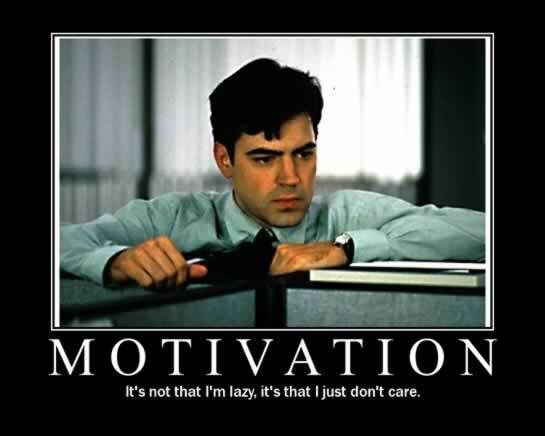“You can’t change the past. You can’t even change the future, in the sense that you can only change the present one moment at a time, stubbornly, until the future unwinds itself into the stories of our lives.”
-Larry Wall

We all contain the internal power to take control of our lives. We are not robots programmed to go about life unremarkably. We were given the gift of possibility. All for your goals are possible if you put enough time and agency into them. Having agency is having the ability to take action with initiative toward your ambitions. My inquiry class has been directly linked to this idea. In that course, we are constantly working on ways to ensure our future success. We are continuously introduced to new ideas on how we can change our habits in order to better ourselves. That information is extremely helpful, but if it is not applied to our lives, it may as well be a different language. We have to posses the agency to not only process that information, but to actually use it! We have the power to make the most of our lives, so why not tap into that resource and better ourselves?
A couple of other words that I learned this week in my Sociology class were ostensive and etymological.
Ostensive is defined as clearly demonstrative, but it is applied a little differently in regards to sociological critical thinking. In my textbook, it is a strategy used to define terms. Ostensive definitions are determined by physically defining a word by pointing or drawing.
The definition of etymological is the derivation of a word. This word was used in my Critical Thinking course in the same manner which ostensive was used: to define specific terms. An etymological definition defines the word by the history of its use or origins.
I did not know the meaning behind any of these three words before this week, but that is what education is about. We learn new things that we can apply to our lives. Expanding our knowledge of the world around us also broadens our horizons and opens new doors for us to explore.




































